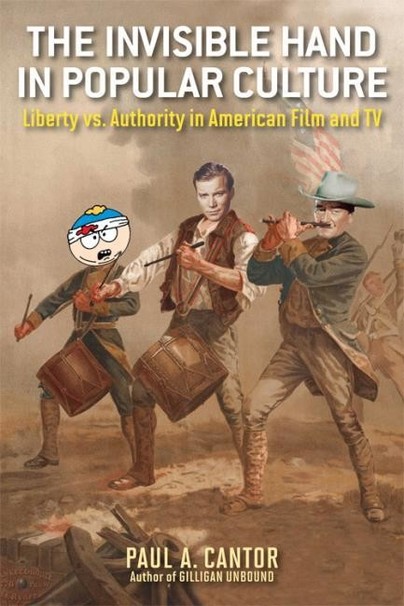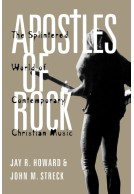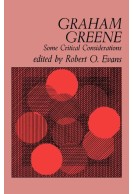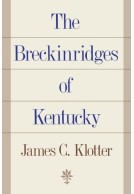Google Books previews are unavailable because you have chosen to turn off third party cookies for enhanced content. Visit our cookies page to review your cookie settings.
The Invisible Hand in Popular Culture (Hardback)
Liberty vs. Authority in American Film and TV
Imprint: University Press of Kentucky
Pages: 488
Illustrations: 10 b&w photos
ISBN: 9780813140827
Published: 30th November 2012
Script Academic & Professional
Pages: 488
Illustrations: 10 b&w photos
ISBN: 9780813140827
Published: 30th November 2012
Script Academic & Professional
This book will be reprinted and your order will be released in due course.
You'll be £36.00 closer to your next £10.00 credit when you purchase The Invisible Hand in Popular Culture. What's this?
+£4.99 UK Delivery or free UK delivery if order is over £40
(click here for international delivery rates)
Order within the next 1 hour, 8 minutes to get your order processed the next working day!
Need a currency converter? Check XE.com for live rates
(click here for international delivery rates)
Order within the next 1 hour, 8 minutes to get your order processed the next working day!
Need a currency converter? Check XE.com for live rates
Popular culture often champions freedom as the fundamentally American way of life and celebrates the virtues of independence and self-reliance. But film and television have also explored the tension between freedom and other core values, such as order and political stability. What may look like healthy, productive, and creative freedom from one point of view may look like chaos, anarchy, and a source of destructive conflict from another. Film and television continually pose the question: Can Americans deal with their problems on their own, or must they rely on political elites to manage their lives?
In this groundbreaking work, Paul A. Cantor explores the ways in which television shows such as Star Trek, The X-Files, South Park, and Deadwood and films such as The Aviator and Mars Attacks! have portrayed both top-down and bottom-up models of order. Drawing on the works of John Locke, Adam Smith, Alexis de Tocqueville, and other proponents of freedom, Cantor contrasts the classical liberal vision of America -- particularly its emphasis on the virtues of spontaneous order -- with the Marxist understanding of the "culture industry" and the Hobbesian model of absolute state control.
The Invisible Hand in Popular Culture concludes with a discussion of the impact of 9/11 on film and television, and the new anxieties emerging in contemporary alien-invasion narratives: the fear of a global technocracy that seeks to destroy the nuclear family, religious faith, local government, and other traditional bulwarks against the absolute state.
Other titles in University Press of Kentucky...















